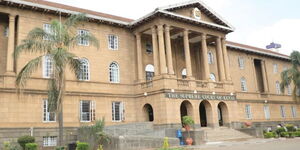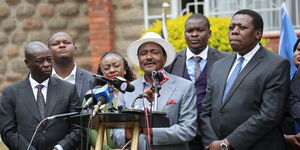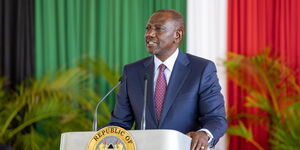Ugandans are grappling with escalating fuel prices which have disrupted their finances and pushed the cost of living higher.
NTV Uganda reported that the Kenya-Uganda border at Busia had become the new territory where fuel smuggling was thriving.
According to the report, many Ugandans had turned to Busia as the source of affordable fuel, which is currently retailing at Ksh150 per litre in Kenya as compared to Ksh230 across the border.
Owing to these discrepancies in prices, the fuel smuggling business has been on the rise with economists blaming the crisis on Uganda's tax authority.
Ugandans have been pleading with their government to introduce subsidies like Kenya, noting that leaving private actors to determine the prices was hurting their pockets.
After fuel prices started going up across the globe, Uganda wrote to Kenyan requesting it to reduce some importation fees that were being levied by Nairobi.
The letter authored by President Yoweri Museveni's Energy Permanent Secretary, Pauline Irene Batebe, Uganda asked Kenya to give Kampala a fixed monthly amount to ease shortages that drove the pump prices higher.
Uganda requested Kenya to allow it to ship 110,660 cubic meters of petrol and 110,400 cubic meters of diesel monthly to meet the rising demand.
Batebe further stated that Uganda wanted an assurance of a monthly provision of 12,000 cubic meters of aviation fuel without indicating the current allotments.
In Kenya, the government has put a fuel subsidy in place to cushion Kenyans against the high cost of fuel.
However, economists have cautioned that the government will struggle to pay oil marketers over Ksh25 billion to keep pump prices intact despite a jump in the global cost of shipping.
Oil prices jumped more than 30 per cent since February 24 this year, with the Energy and Petroleum Regulatory Authority (EPRA) announcing that the trend was likely to continue until the conflict between Russia and Ukraine was addressed.












